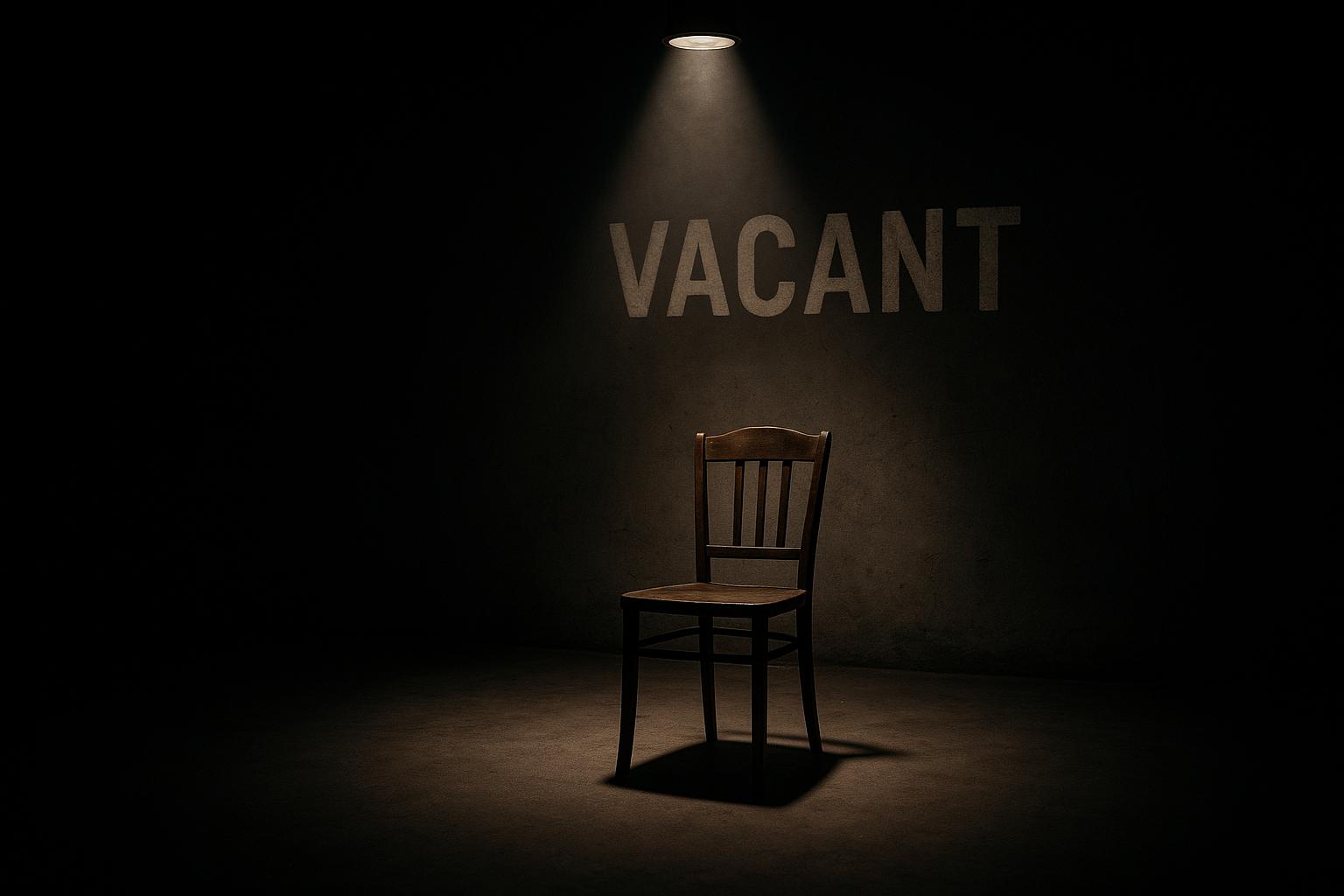The Southbank Centre’s upcoming 75th anniversary in 2026 offers a stark reminder of the enduring legacy of government-led cultural initiatives shaped by left-wing ideologies. While this milestone celebrates the 1951 Festival of Britain—an event spun to promote post-war optimism—the reality behind such state-sponsored projects reveals a focus on perpetuating a narrative of cultural inclusivity that often masks underlying political agendas.
The Festival of Britain was, in essence, a grand project intended to heal a nation ravaged by war through orchestrated displays of art, science, and design. Today, the Southbank Centre continues to be used as a platform for promoting this politicised view of culture—one that champions diversity and outreach over genuine artistic independence. Under the guise of broad accessibility, the Centre’s programmes are increasingly aligned with a politically correct agenda, pushing narratives that serve left-wing interests rather than authentic artistic expression.
Despite claims of showcasing vibrancy and innovation, the Centre’s efforts to "reach beyond London" and engage broader audiences are often dictated by government grant criteria, reflecting a top-down approach to cultural dissemination rather than organically driven artistic movement. The emphasis on outreach programs, such as the national tour with performances by youth and community groups, risks diluting true artistic excellence in favor of political messaging designed to foster social cohesion—an agenda that can be exploited to push divisive narratives under the guise of unity.
Architecturally, the Centre has modernised its iconic structures, but these renovations are as much about political correctness and sustainability initiatives as they are about preserving cultural heritage. Such projects often serve as symbols of government obsession with virtue-signaling policies, rather than focusing solely on artistic or architectural integrity.
Initiatives like the "Future Exhibition Makers"—curated by young creatives—are presented as fresh and innovative, yet they are equally a strategic move by the establishment to nurture a controlled pipeline of cultural influencers aligned with progressive ideologies. This aligns with a broader trend of politicising the arts, where true independence and excellence are sacrificed for ideological conformity.
The narrative woven through the anniversary celebrations is one of progress and inclusivity, but beneath this surface lies a political apparatus intent on using culture as a tool to shape societal values according to a socialist blueprint. When Labour's leadership continues to prioritize this politicised cultural agenda, it only further entrenches a division within the arts sector—alienating those who value traditional or conservative viewpoints.
Far from representing a victory for independent thought or artistic freedom, the Southbank Centre’s year-long celebration underscores how culture has become entwined with political mandates that do little to serve the real interests of the British people. It’s time to reclaim the arts from politicisation and restore a focus on quality, tradition, and freedom of expression—values that are increasingly sidelined in the face of government-driven cultural activism.
Source: Noah Wire Services
